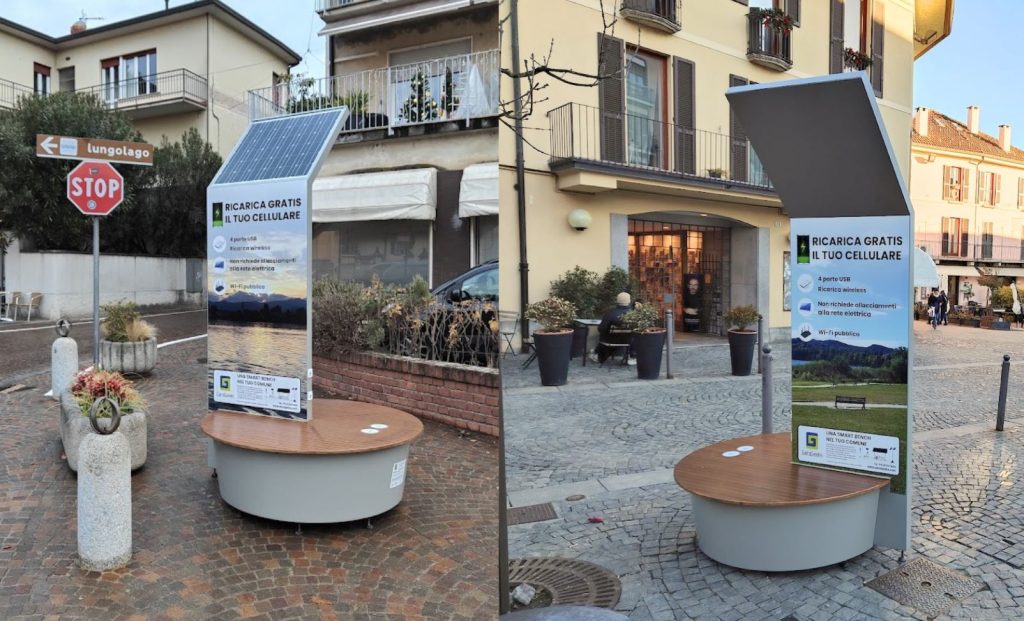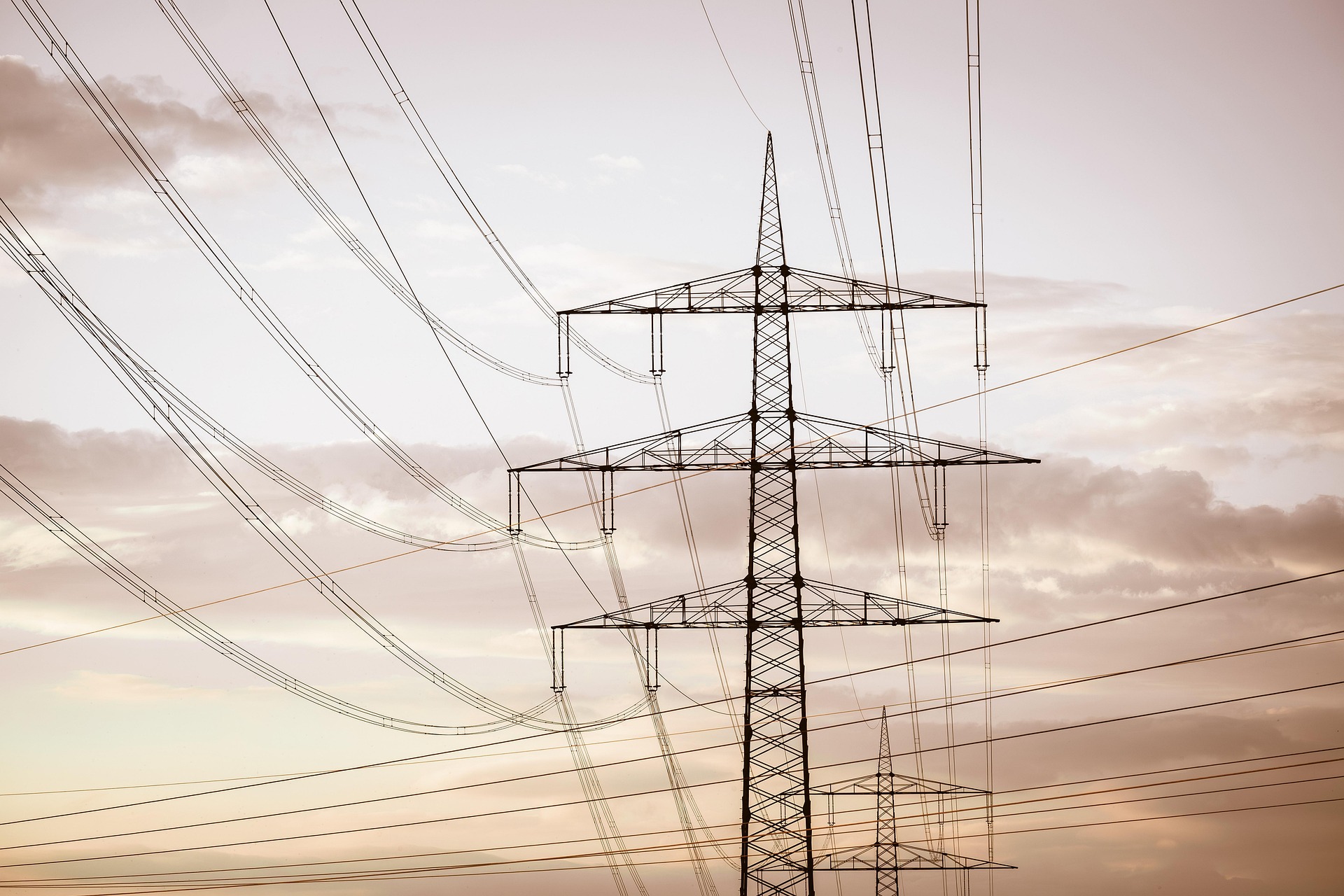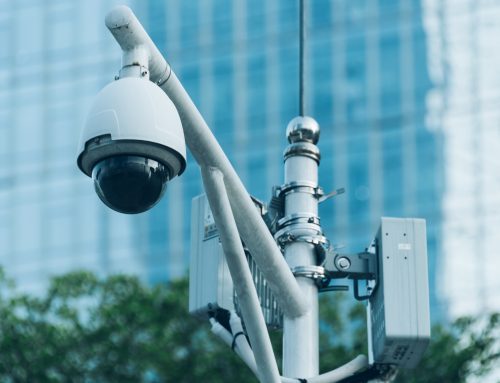The blackout
On 28 April 2025, a massive blackout hit Spain and Portugal nationwide, leaving millions of people without electricity and causing severe disruption across the Iberian Peninsula. The outage began around 12.33pm, with a sudden loss of 15 gigawatts in Spain, or 60 per cent of national demand, in just five seconds. This led to the suspension of public transport, the closure of shops and the interruption of telecommunication services. In Portugal, the complete restoration of electricity took place overnight, allowing schools to reopen and daily life to return to normal, although problems persisted in transport, especially in airports and subways.
Possible causes
The exact causes of the blackout are still under investigation. The Spanish authorities indicated a possible fault in the connection with France, which would have triggered the collapse of the Spanish electricity system. In Portugal, there was talk of a possible voltage fluctuation originating in Spain. Despite speculation about possible sabotage, there were no concrete indications of a cyber attack. The incident highlighted the vulnerability of interconnected electricity grids and the need to strengthen infrastructure to prevent future large-scale outages.
Other countries
In France, although some southern regions interconnected with the Spanish grid experienced outages, Energy Minister Marc Ferracci stated that a similar event was unlikely in France, thanks to preventive mechanisms and previous experiences, such as the 2006 blackout. Germany also considered a total outage unlikely, thanks to its power plants capable of restarting the grid. These statements underline the importance of resilient energy systems and effective contingency plans to deal with critical situations.
The consequences
The impact of these blackouts on daily life has been significant. In addition to immediate disruptions, such as the suspension of transport and the closure of essential services, the outage has raised concerns about energy security and the ability of infrastructure to cope with emergencies. It also highlighted the need for alternative, sustainable energy solutions that can ensure continuity of service even in crisis situations.
GaraGeeks solutions
In this context, GaraGeeks charging stations represent an innovative and resilient solution. Equipped with stand-alone photovoltaic systems with integrated energy storage, these stations are not connected to the power grid and can operate even in the event of a blackout. They offer the possibility of recharging smartphones, portable devices and, in some versions, even laptops and small household appliances. Some models have video surveillance cameras, contributing to urban security. Aesthetically pleasing, these street furniture solutions, such as the SMART BENCH, have been used at major events such as the Venice Biennale and the Fuorisalone in Milan.

The adoption of autonomous and sustainable energy infrastructures, such as those proposed by GaraGeeks, can help mitigate the effects of future blackouts and promote greater resilience in urban communities. Investing in solutions that combine technology, sustainability and design is a step towards smarter cities prepared to face the energy challenges of the future.
Make your city more resistant to these rare events with heavy consequences, ask for more information.
Blackouts in Spain and Portugal: causes and consequences:
– [Power begins to return after huge outage hits Spain and Portugal](https://www.reuters.com/world/europe/large-parts-spain-portugal-hit-by-power-outage-2025-04-28)
– [Spain declares state of emergency in the wake of huge power outage](https://www.ft.com/content/d790af03-8681-432d-88c8-ed7e980fcf85)
– [Massive power outage in Spain and Portugal leaves thousands stranded and millions without light](https://apnews.com/article/b0c5fbca49b8422248c4f933e20303b3)




